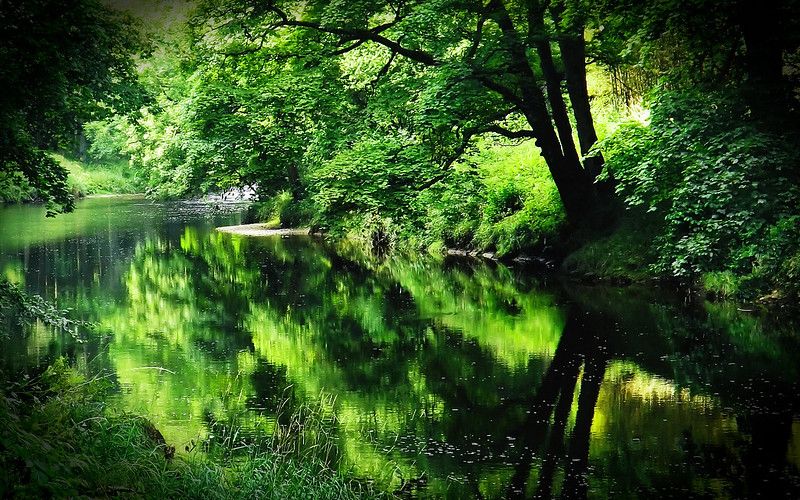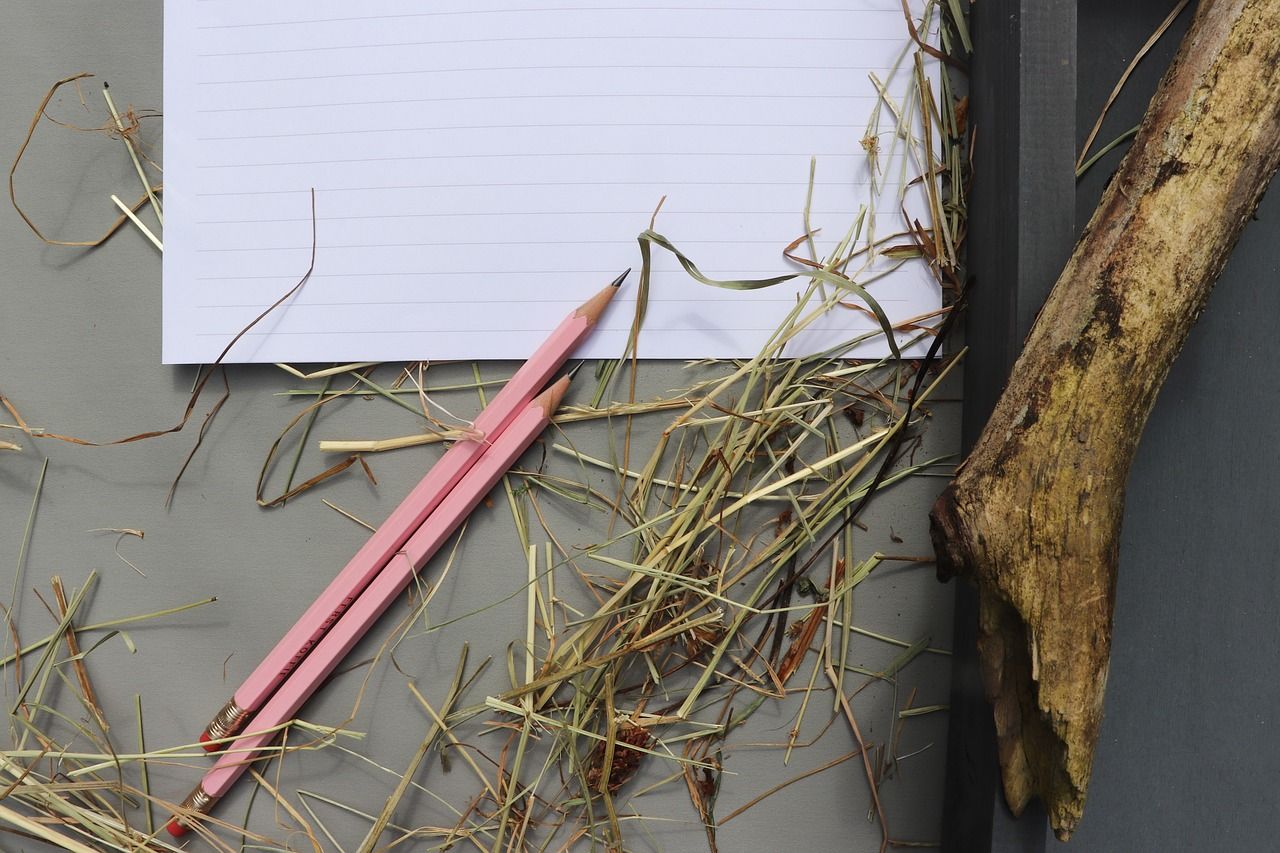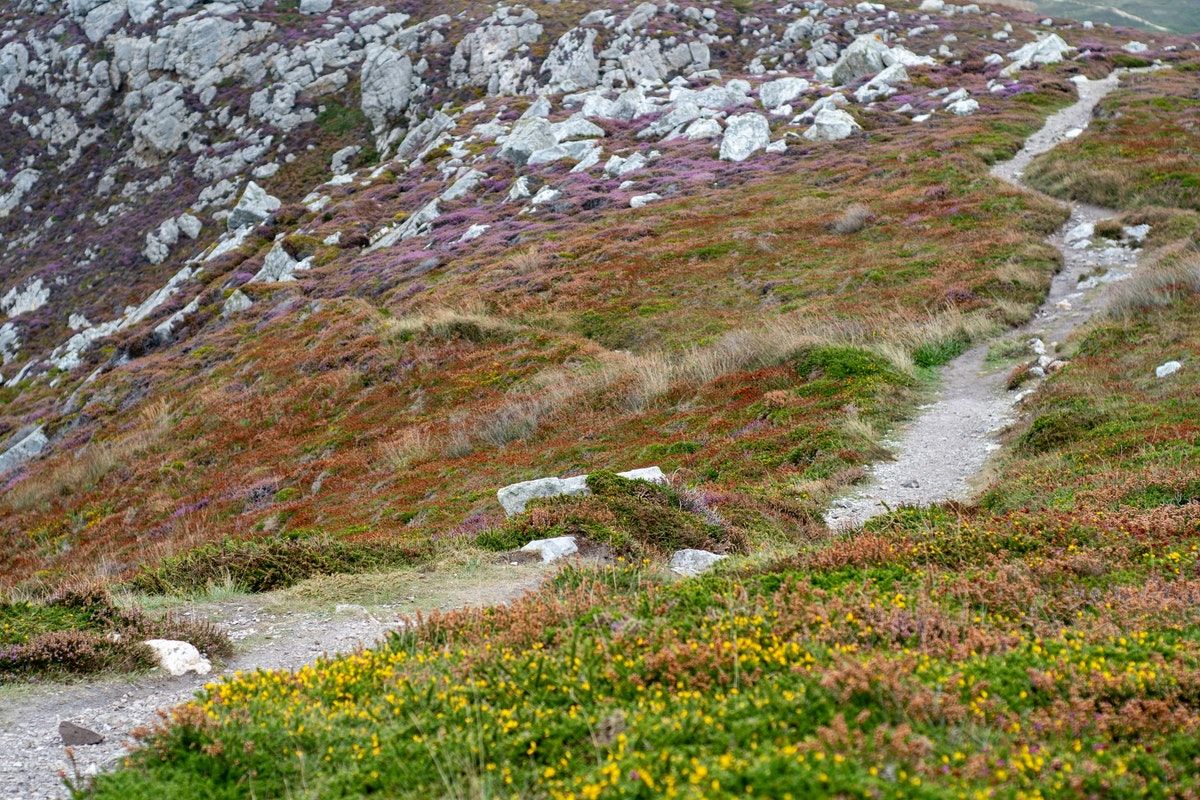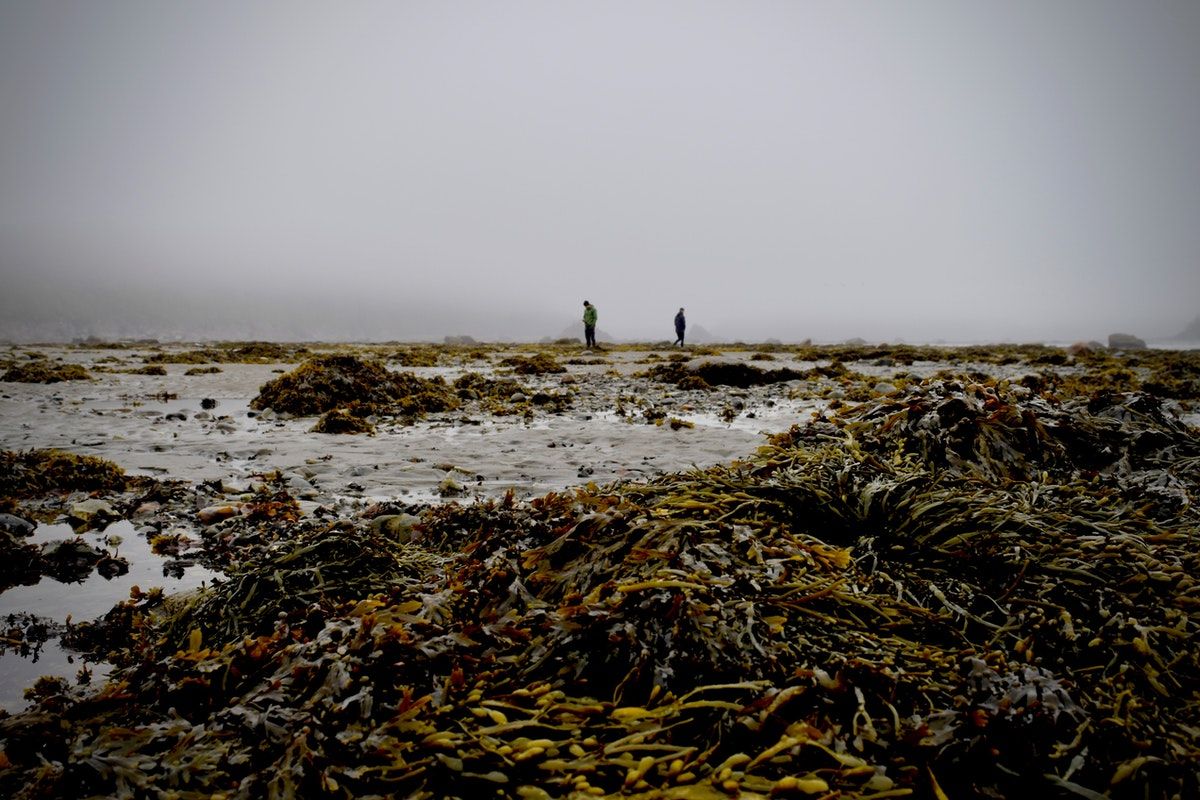
Brexit Deal & Nature Writing
All the UK nature and conservation news that you missed over the Christmas break.
National news
Brexit | The biggest news over Christmas (except the potential cancellation of Christmas itself) was the Brexit deal, which has now passed into law and will determine the UK’s relationship with the EU now that the transition period is officially over. So what are the implications for the environment? Greener UK has made the most comprehensive effort to answer this question that I’ve seen so far. It’s a dense read, but its takeaway message is that the agreement is “light on mechanisms to promote shared ambition or joint environmental action”. Analysis by the think-tank IPPR found that the deal leaves “environmental protections at serious risk of erosion” – the Guardian and the Independent covered these findings. The RSPB’s former conservation director Mark Avery has published his own analysis, and helpfully provides examples of how this deal might affect the environment in practice. “Our government has negotiated a trade deal which enables dismemberment of environmental protection wholescale in the years ahead provided its disappearance is not a trade issue,” he writes. The Independent also has a more upbeat article on the implications for tackling climate change.
Environment Agency | The Environment Agency has written to the environment secretary, George Eustice, saying that it does not have enough funding to tackle polluters. The letter, from the agency’s chair, Emma Howard Boyd, was obtained by the Times through a Freedom of Information request. She said that the agency’s “capacity to visit and tackle polluting businesses is now significantly reduced” and that it “now has only the resources to attend the most serious environmental incidents.”
Dereliction | The Scottish government is transforming 11,000 hectares of vacant and derelict land through a £50 million programme, as part of the “green recovery” from the COVID-19 pandemic. The idea is to use this land to meet climate change targets and promote the health, wellbeing and resilience of communities, reports the Herald. Sites will be transformed into affordable housing, woodland and other green spaces, or low-carbon commercial and industrial developments.
In other news:
- The Welsh government is planting 60 hectares of new forests to compensate for woodland lost through wind energy developments and the restoration of non-woodland habitats, reports the Shropshire Star.
- The RSPCA is planning a legal challenge to the government to end factory farming in the UK, reports the Independent.
- An audit by the National Trust has found that erratic weather conditions are affecting the UK’s flora and fauna, reports the Guardian.
- The Scottish government has announced two working groups looking at how farmers and crofters can reduce their greenhouse gas emissions, reports the Press and Journal.
- HS2 Ltd has confirmed that no woodland clearance will take place at various woodlands where bats roost until the required ecological surveys have been undertaken, following campaigning from the Woodland Trust.
- Gardeners at the Chelsea Flower Show will now be judged on the health of their soil, reports the Telegraph.
- The government is testing how connecting with nature affects wellbeing across seven sites in England.
Across the country
Hackney | A beloved tree in London is to be cut down as part of a housing redevelopment project – and any protesters who attempt to halt the destruction can be jailed for two years, according to a High Court order. The Happy Man Tree, named after a nearby former pub, is a healthy 150-year-old plane tree that was recently voted the Woodland Trust’s Tree of the Year. Locals have dressed the tree with garlands and hung up signs to draw attention to the plans for its felling, reports the Independent. Separately, in Warwickshire, activists have been left outraged by attempts to fell a 300-year-old oak tree to make way for the HS2 railway, the Byline Times reports.
Preston | Around 600 trees along the banks of the River Ribble will be cut down as part of a £49 million programme to improve Preston’s flood defences, which are in the final stages of development. The Environment Agency advised their removal to “allow access for construction and ensure new defences are not damaged by tree root growth”, reports the Lancashire Post. The flood defences consist of several concrete walls running along the riverside. The removal of the trees will cost an estimated £100,000, the majority of which will come from the Environment Agency.
Yorkshire | A stretch of the River Wharfe in Ilkley has been designated a bathing site by the Environment Agency to ensure that it is safe for swimming – the first river in England to receive such a status. This means that the Environment Agency must regularly measure bacteria levels in water samples and take action if they are too high. This process will begin in May 2021. The news was covered by the BBC, the Independent and the Telegraph. Despite that good news, rivers in general continue to suffer. Rivers across Devon and Cornwall are being polluted by metals from abandoned mines, reports Cornwall Live, while a farmer in Carmarthenshire has been fined for polluting a river and killing thousands of fish, according to Natural Resources Wales.

Elsewhere:
- Natural England has launched a £5 million project to restore ravine woodlands in the Peak District National Park.
- Newcastle Council has rejected proposals from the Banks Group for a new opencast coal mine, reports the Chronicle.
- Ten sperm whales have died after stranding on the North Sea Coast near Hull, reports the BBC.
- The European flat oyster has reestablished itself at Belfast Lough, without intervention from humans, reports the Guardian.
- An animal shelter has expressed concern that bird flu may be spreading among wild species in mainland Scotland, reports BirdGuides.
- Police in Norfolk are investigating the Strange Case of the Missing Hedge, after thieves removed 320 metres of newly-planted hedgerow from a farm, reports the Eastern Daily Press.
Reports
Agriculture | Scientists across various German academies have released a lengthy report on the decline of biodiversity across agricultural landscapes. The focus is on Germany, but many of the findings apply across Europe. The document also looks at the social and political context for this decline, and what can be done to remedy the issue. They have also produced a slick animated webpage – a “digital dossier” – outlining the main points.
Science
Rewilding | Jens-Christian Svenning, an ecologist at Aarhus University, has written an interesting commentary on why rewilding needs to be central to global restoration efforts. This comprehensive paper spans everything from social interactions to carbon sequestration to the reintroduction of megafauna such as bison, elephants and wolves. “To overcome the biodiversity crisis, much more ambitious efforts are needed for not only protecting but also re-expanding nature,” he writes.
Driftwood
Nature writing | For a few days just before Christmas, it seemed like no one could talk about anything except this essay by writer and critic, Richard Smyth. Published in the Fence, it was a sharp take on the “present denuded state” of nature writing – and it was the literary equivalent of Marmite. I enjoyed it. Other people hated it. I recommend reading it yourself, checking out some of the arguments in the original thread, and then continuing to read whatever books you personally enjoy the most.

Roaming | Isabella Tree, the author of Wilding, writes in the Guardian about the dark side to greater access to the countryside: a potential increase in wildlife disturbance. It is a “desperate dichotomy,” she says. “Wildlife’s right to tranquillity has to be at the heart of nature restoration. This means upgrading our 140,000 miles of existing footpaths through the English and Welsh countryside and connecting them with urban areas. The best footpaths add to the wildness of the land, rather than taking away from it.”
Conservation | What’s wrong with British conservation? It probably depends on whom you ask; but veterinarian and naturalist Alick Simmons has compiled some thoughts, which seem to have been well received. He points the finger at a culture of secrecy, a lack of power to effect change, and an inability to prioritise land for nature conservation, among other things. You can read the whole article on Mark Avery’s blog.
Further reading:
- For anyone interested in communications, this is an interesting little tale of how some highly alcoholic whisky helped to raise awareness of Scotland’s climate targets, in the Scotsman.
- Is it time to rewild Stonehenge? Ecologist Steve Jones thinks that some grazing megafauna could enhance the experience.
- The Press Association has a feature on the natural regeneration of trees taking place at Hardknott Forest in the Lake District.
Happy days
Today’s piece of positive news is that it is no longer 2020 – hooray! It’s been a strange time, and the tumult is clearly not over yet, but we have made it this far. I hope you manage to find peace and joy in this new year.
Image credits: Susanne Jutzeler, Andy Rothwell, 6537222
Subscribe to our newsletter
Members receive our premium weekly digest of nature news from across Britain.
Comments
Sign in or become a Inkcap Journal member to join the conversation.
Just enter your email below to get a log in link.








